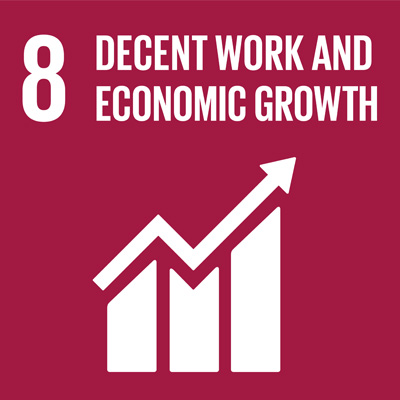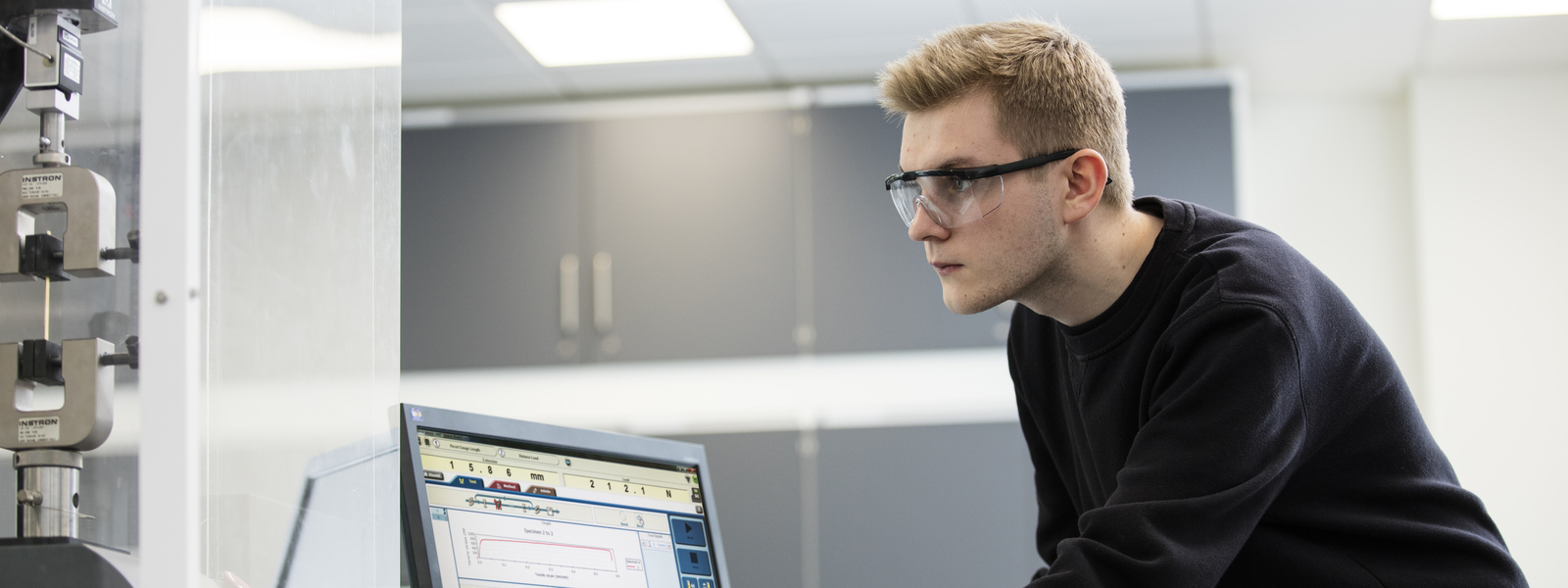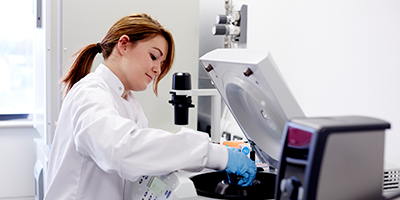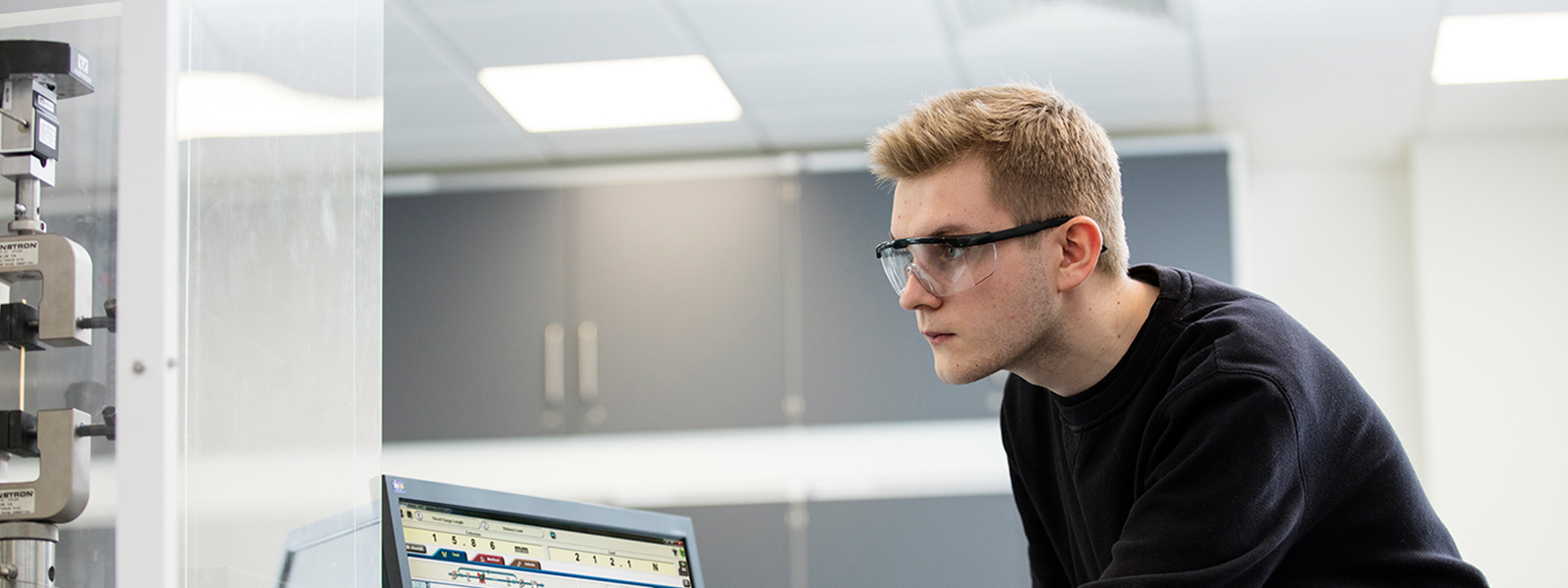UN SDG 7: Affordable and Clean Energy
Ensure access to affordable, reliable, sustainable and modern energy for all.
SDG Outputs
We had 29 outputs relevant to this SDG in 2022 according to SciVal and 61 in2021.
Yang, F. et al. (2022) In situ construction of heterostructured bimetallic sulfide/phosphide with rich interfaces for high-performance aqueous Zn-ion batteries. Science China Materials 65 356-363
DOI:10.1007/s40843-021-1739-0
Ahmadian, e. et al. (2022) Impact of Climate Change and Technological Innovation on the Energy Performance and Built form of Future Cities. Energies 15
DOI:10.3390/en15228592
Overview
This is an area of focus for the University as we join the UK’s push for clean energy. We sit alongside the Humber Cluster, one of the most polluting industrial clusters in the UK, in terms of greenhouse gases, and have appointed an academic lead to build on our collaboration with industry, government, and other educational institutions in this area.
Refrigeration Research Centre (RRC)
The high energy needs of food refrigeration can be highly destabilising for the national grid. The University of Lincoln has worked with Tesco and other collaborators to design sophisticated algorithms that managed the energy draw-down of large refrigeration systems while maintaining food at safe temperatures and minimising their destabilising influence on the national grid. In addition to providing more stability for the grid, these findings allowed tescos to gain significant savings on energy use.
The Refrigeration Research Centre is the first facility of its kind in the world. Harnessing cutting-edge technology, it precisely models the essential dynamics of a typical supermarket and is the location for pioneering research being carried out in collaboration with global retailer Tesco, in a bid to tackle the impact of mass refrigeration.
The Bridge
The Bridge operates from the University of Lincoln and has a dedicated team of R&D project specialists working alongside the University’s academic community. They are supporting collaborative enterprise with dedicated funding from the European Regional Development Fund (ERDF) and the Greater Lincolnshire Local Enterprise Partnership (GLLEP). The Bridge is addressing advanced materials needs and that of the wider UK’s manufacturing sector through access to research and development at the interface of science and engineering and, through links to all departments at the University of Lincoln and a consortium of industry research and development partners, provides access to expertise including energy and net zero.
Yorkshire Energy Park
The University of Lincoln has been announced as the principal education partner of the £200m Yorkshire Energy Park. The University will establish a campus and aim to upskill and reskill those based in the park, retaining and bolstering talent and skills in key industries within the Humber region.
MSc Energy Materials and Battery Science
Our Master's programme in Energy Materials and Battery Science has been designed to provide students with an in-depth understanding of recent developments in emerging energy materials and their applications, particularly with respect to the battery technology sector which is seeing major government and industrial investment.
The programme provides practical training in an array of energy materials characterisation techniques, and aims to develop knowledge of the fundamental principles of the chemistry that underpins commercially important energy materials. This programme is designed to help develop experienced, independent scientists, in tune with the needs of research and industry in the energy materials sector.
MSc Chemical Engineering with Sustainability
Informed by the needs of a decarbonised industry, this course provides the opportunity to develop the strong communication and leadership skills in sustainability and net-zero that employers are looking for today. It aims to provide an extension beyond undergraduate study for those embarking on, changing, or advancing their chosen career in the chemical industry. As part of the programme, our students can become part of a thriving hub of research and development close to the Humber Industrial Cluster, the nation's largest of its type, which includes CATCH's National Centre for Process Manufacturing (NCPM).
Explore More

UN SDG 8: Decent Work and Economic Growth
Promote sustained, inclusive, and sustainable economic growth, full and productive employment and decent work for all.





